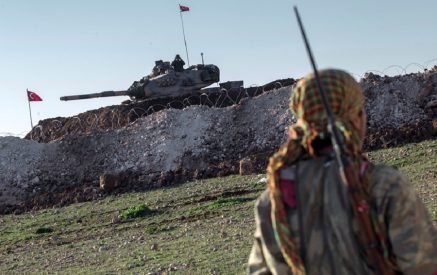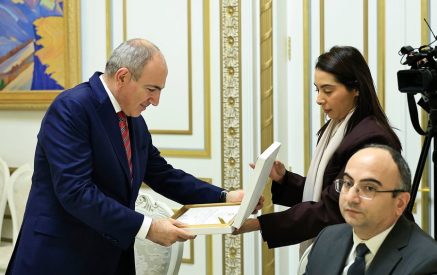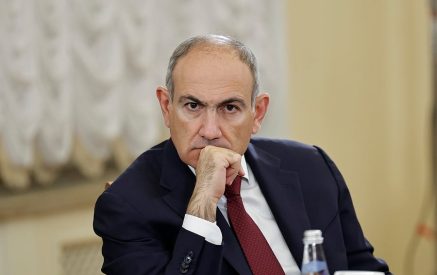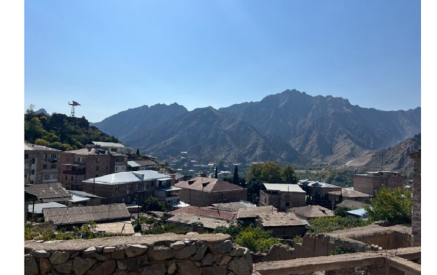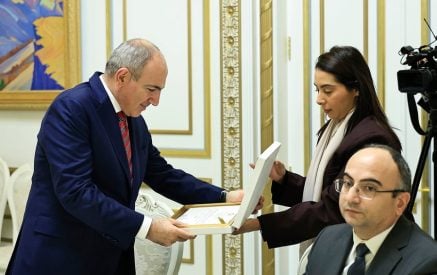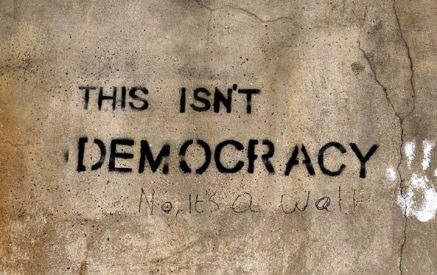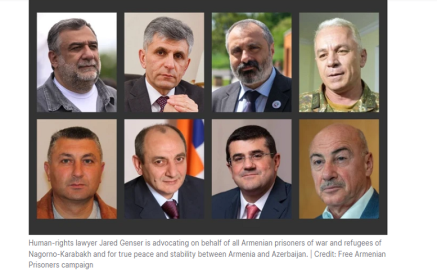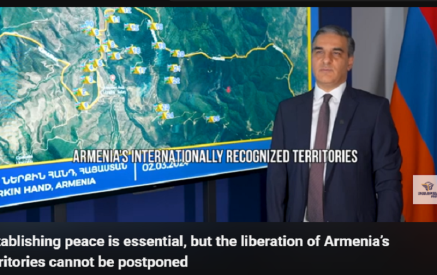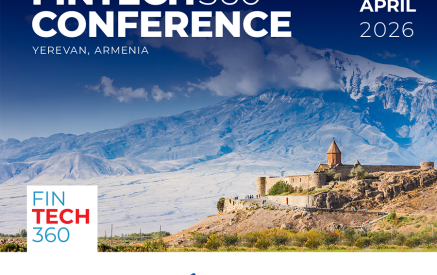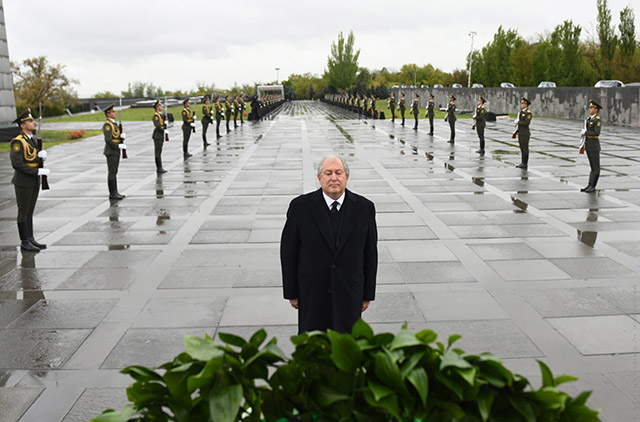The British periodical The Times presented the viewpoint of the 4th President of the Republic of Armenia Armen Sarkissian on the occasion of April 24, the Armenian Genocide Remembrance Day, under the headline Red Box.
Speaking about the lessons of the Armenian Genocide, Armen Sarkissian particularly noted: “We cannot credibly denounce the atrocities of the 21st Century if we refuse to acknowledge the crimes of the 20th Century that helped shape our world. The British government has an opportunity to right a grave wrong and set an example to the world by recognising the Armenian Genocide and establishing an annual commemoration of its anniversary, which is observed each year by the Armenian nation on April 24.
Last month, in an attempt to place Britain on the right side of history, a cross- party group of MPs including the former Conservative Party leader Sir Iain Duncan Smith and the Labour MP Rupa Huq, lent its support to a private members’ bill (the Armenian Genocide Recognition Bill) that sought to “right an appalling historical injustice” by recognising the Armenian Genocide. Sadly the bill, as so often happens to private members’ bills, went no further than the first reading.
The Armenian Genocide is not only a moral issue but a very pragmatic one. Despite the burdens imposed by history, Armenia has begun talks with Turkey to try to normalise bilateral relations.
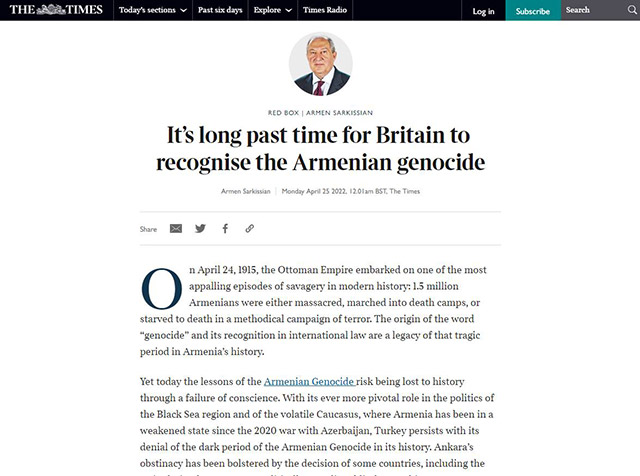
But since Armenia’s ongoing negotiations with Turkey are occurring without any pre-conditions concerning the Genocide, they are likely to flounder: no rapprochement between the two sides can survive if it does not address the trauma that haunts and torments Armenians across the globe.
I support normalisation of relations between Armenia and Turkey and want to see a steady and sustainable relationship between the two countries, but such a relationship can only be built on the firm foundations of historic recognition and reconciliation. Temporary fixes arrived at by dodging history will not result in a lasting peace. They will merely conceal the deepening of resentments that will erupt with unmanageable force in the future. Recognition of the Armenian Genocide is indispensable to peace and prosperity in the region and beyond.
From the Holocaust and the massacres in Cambodia to genocide in Rwanda, the 20th century is a collage of the darkest moments in human history. The horrors of genocide must never be lost to history. Remembrance is our best safeguard against repetition in the 21st century.
This is one of the reasons that Joe Biden last year formally recognised the Armenian Genocide and the pain inflicted on the Armenian people. “We honour their story,” he said.
“We adrm the history. We do this not to cast blame but to ensure what happened is never repeated.”
As the first nation to adopt Christianity, in 301, Armenia has an abundance of cultural and artistic heritage fortified by faith in the future and a belief in the triumph of human goodness. Our people are resilient, innovative, hardworking and creative. It is within our power to remake our country as home for a thriving global nation that is eager to contribute to the common good of all our neighbours and the World. But a just and flourishing future requires us to recognise our shared past. Britain can contribute to this healing process”.
Office of the fourth President of RA


